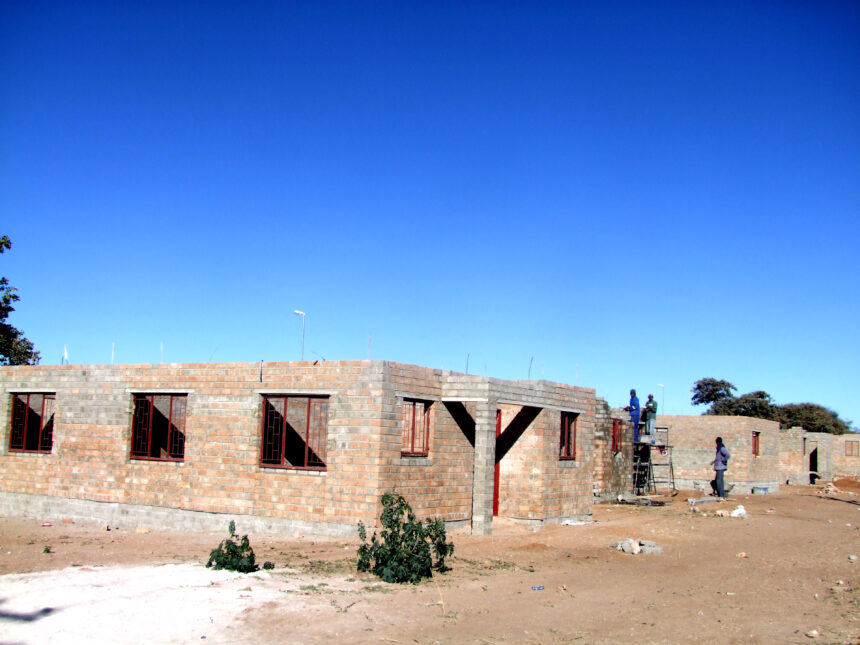The interaction of Namibia’s growing population and the existing housing backlog underlines the urgent need for effective policy interventions and increased investment in housing development.
The inability to address underlying concerns of land availability, housing affordability and economic inequality will cause an already untenable situation to deteriorate, thereby posing new social and economic challenges in the future.
Urban and rural development minister Erastus Uutoni yesterday took issue with the scarcity of serviced land, saying this remains a serious challenge for the housing sector.
“Local authorities continue to sell land to private property developers, who then sell these houses at an unaffordable price, creating a mismatch between demand and supply. Available serviced land and housing is priced due to input costs,” said Uutoni during the launch of Old Mutual Namibia’s Affordable Housing Fund yesterday.
The fund targets and focusses on an affordable housing option to provide and assist in servicing land as well as top structures. The aim is to provide funding for the general population and broader public for such developments. Furthermore, the fund aims to service and alleviate as much as it can to address the general shortage of housing in the domestic market.
Initial seeding capital of N$50 million has been approved by Old Mutual Life Company to serve as initial startup capital of this newly established fund.
Namibia’s population has ballooned to 3 022 401 in 2023, as per the latest census statistics. The population in urban areas increased by 65.5% between the 2011 and 2023 counts, while those in rural areas increased by 26.3% between the census years.
Namibia’s housing backlog is estimated at around 300 000.
Uutoni noted that government made money available for the current financial year to assist local authorities to service land. Another challenge is the issue of compensation for landowners.
The minister said government is now providing budgetary grants to local authorities as well as organisations such as the Shack Dwellers Federation of Namibia (SDFN) to spur affordable housing development forward.
However, he castigated the National Housing Enterprise (NHE), saying they need to be more innovative and roll out smart policies to address the housing backlog.
“NHE, you have to change. You can’t continue with same style of doing business. Assess the level of income, look at the economy. Can your customers afford? You only want to address some of the members of the community. Just build a house that is not luxury, and try to reduce the cost. Do not decorate somebody’s house,” Uutoni demanded.
NHE is publicly-funded, and its core business is ensuring the provision and financing of housing for Namibia’s low-and middle-income earners.
Local economist Salomo Hei said the only remedy to this persistent housing problem is considering the price of land.
“If we don’t deal with root issues, some of those government initiatives will remain mute. The price of land needs to be considered as a solution to housing affordability.
Challenges in the sector include affordability issues, due to the high cost of housing driven by land price and high levels of unemployment,” he said.
The economist also presented figures, explaining that for someone to afford a N$1 million house, that person should earn about N$36 000 a month. According to the FNB Namibia residential property report, the average house in Namibia costs about N$1.2 million.
Hei also touched on other challenges such as slow delivery of land and housing projects, as well as an increase in urbanisation and informal settlements.
“There is limited access to financing, as many Namibians, particularly those in lower income brackets, struggle to access mortgages due to stringent lending criteria and high interest rates,” he said.
Looking forward, Hei noted that as Namibia’s economy grows, particularly with the potential from oil discoveries and the implementation of other projects, disposable incomes are likely to increase which would drive demand for housing higher.
Meanwhile, government’s focus on affordable housing and urban development is expected to create opportunities for private investment.



